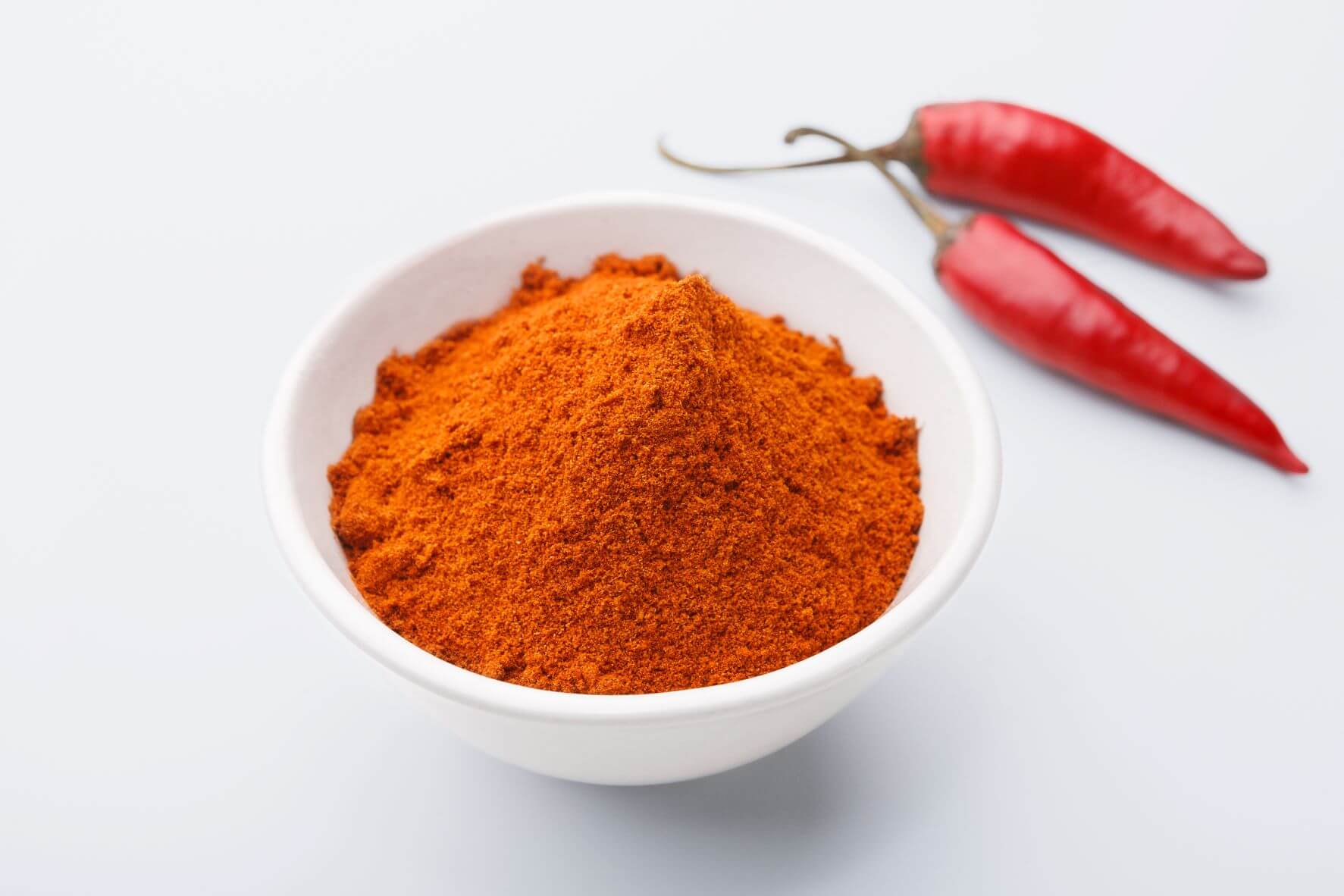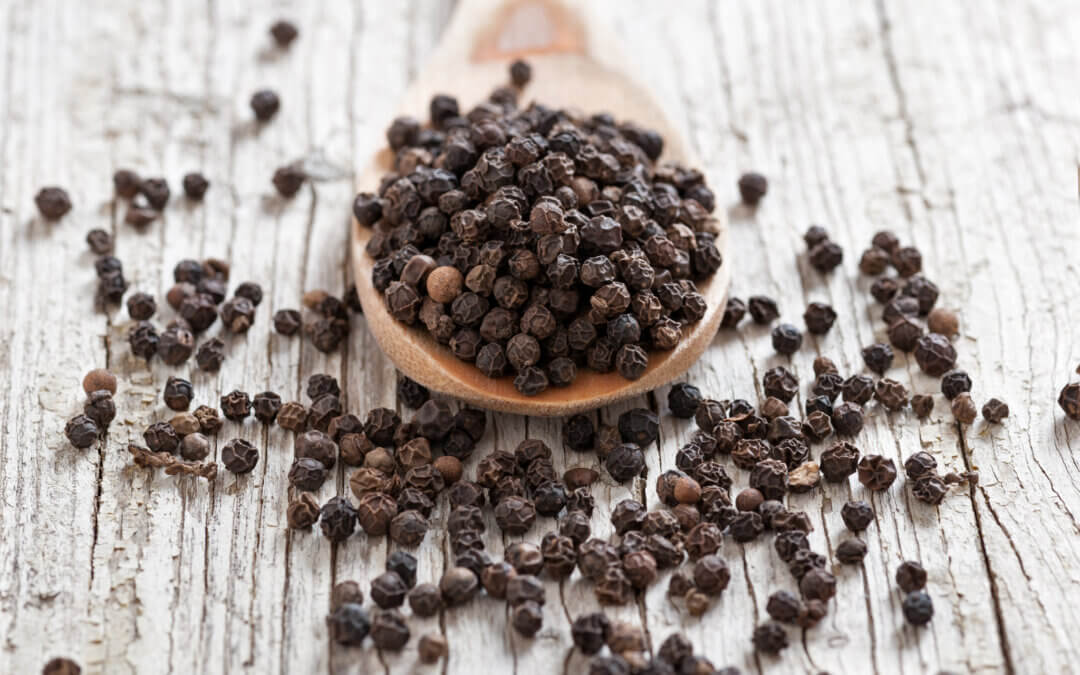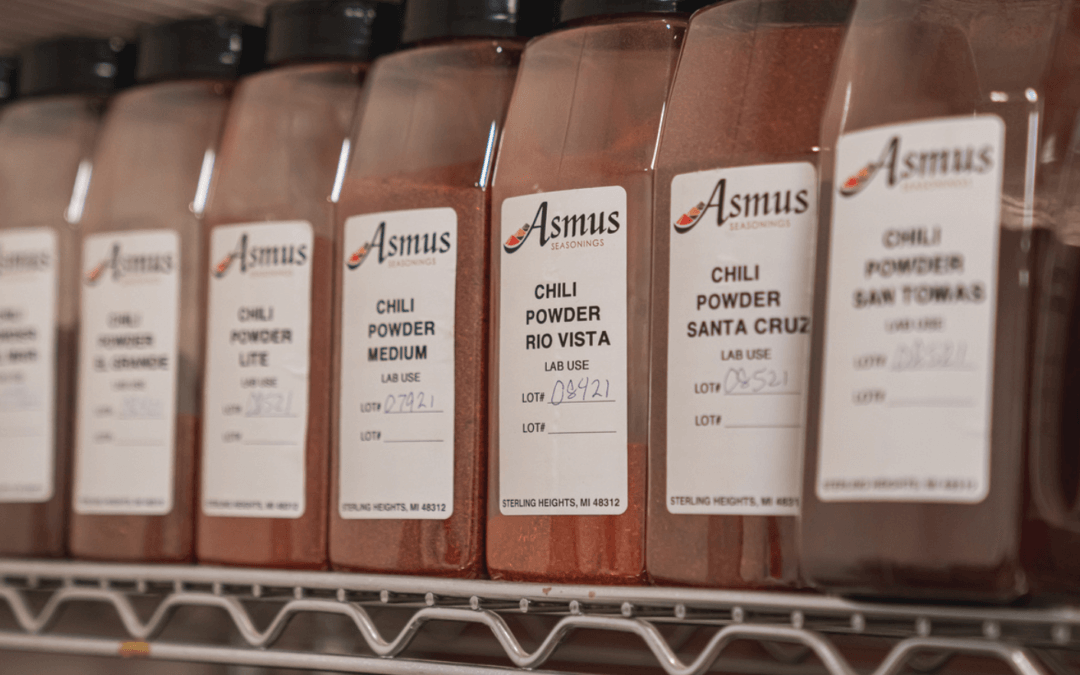During the recent pandemic, more and more people began cooking at home. Furthermore, the restrictions on indoor dining have been an absolute boon to the drive-thru and carry-out restaurants, not only in America, but throughout the world.
And it comes as no surprise that whether it’s at home or visiting the drive-thru window, one of the go-to cuisines enjoyed by tens of millions of people across America is Mexican and Hispanic, with Taco Bell, Chipotle Grill and Qdoba leading the way in the restaurant sector while brands such as General Mills, Old El Paso, B&G company’s “Ortega,” the Gruma Corporation’s “Mission,” Conagra’s “Rosarita” and family-owned La Preferida are the leading brands that all vie for your Hispanic grocery store dollar.
Fifty years ago, Americans were hard pressed to find truly Hispanic ingredients at their local grocery store, and dishes like tacos, burritos, enchiladas, fajitas and even salsa were still decades away from the mainstream restaurant food chain. Today, it’s evermore an integral part of our civic culture and our dining choices.
That’s a LOT of Taco Tuesdays!
In the new report. “Hispanic Goods and Beverages in the U.S., 6th Edition,” it’s reported that the Hispanic foods market in the U.S. is expanding at the compounded annual growth rate of almost 4% per year with over $21 billion dollars spent in 2020 alone.
We love Hispanic and Mexican foods too!
At Asmus, we supply many of our customers with the seasonings for their Hispanic and Mexican recipes. Among the most common are cumin, chipotle powder, ancho powder, and most importantly, chili powder.
One of the questions we’re often asked is: “Exactly what (if anything) is the difference between light and dark chili powder?”
To begin with (and this may come as somewhat of a surprise to many) but unlike many powdered herbs and spices such as powdered garlic, cumin or oregano which just straight up, 100% spice chili powder isn’t?
It’s a blend.
While the main ingredient in chili powder is indeed dried, roasted, and ground chili peppers, it also contains additional ingredients which make up the blend, such as cumin, garlic, oregano and in some blends, a bit of other chilis like ground ancho, chipotle or cayenne pepper.
Then what makes one a LIGHT Chili Powder or a DARK Chili Powder?
Setting aside the taste difference for a moment, DARK Chili Powders simply are a blend with more DARK ingredients such as ancho or chipotle, or slightly sweeter chilis that are roasted longer to develop more earthy tastes. Think of it like coffee beans: the longer the roast, the darker the beans and the more developed char/smoke taste. Therefore, in comparison to a LIGHT chili powder, a DARK chili powder generally has a more of an earthy, spicy, and smoky taste to the chilis.
What about LIGHT Chili Powder?
When compared with DARK Chili Powder, you might say that LIGHT Chili Powder has more going on from a taste “complexity” perspective. With a lighter roast on the chili peppers accounting for the somewhat lighter color of the overall blend and less of a robust chili flavor, it also allows the additional spices within that blend, which generally there are more of than DARK Chili Powder (spices such garlic and cumin), to come forward in taste and not get completely buried under the chili flavor. And again, the more cumin or garlic, the lighter the powder also becomes as a result.
So, which is better?
Using the coffee analogy once again, it’s all a matter of your use and preference. Knowing the differences, however, give you the tools to make good decisions as you create recipes for your company and give you more predictable outcomes as you develop your products.
How can Asmus help?
Obviously, we not only supply our customer with both light and dark chili powder blends but every other spice and herb commonly (and not so commonly) used in all Hispanic and Mexican dishes.
And, if you’re looking to create a special proprietary blend for your recipes or want Asmus to blend and packetize your company’s current recipe’s seasonings to make certain that each recipe batch is seasoned perfectly each and every time, contact Asmus Seasonings soon. We’d be excited to discuss your specific needs and create custom solutions to improve your operations and recipe standardization goals.




